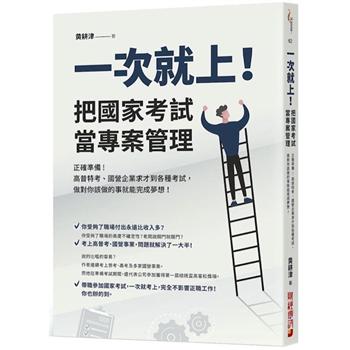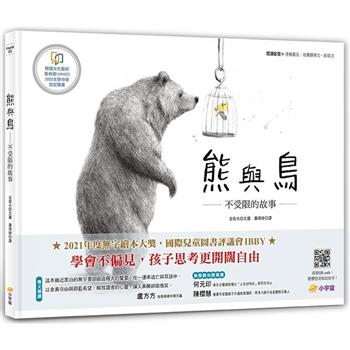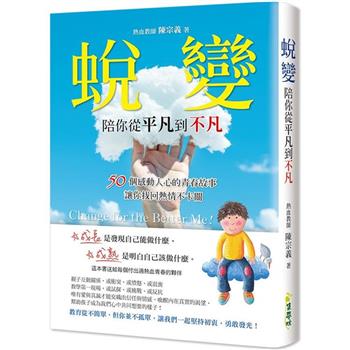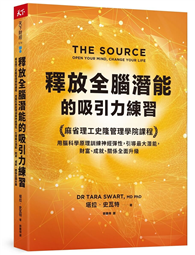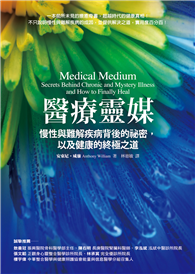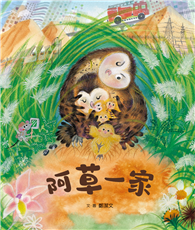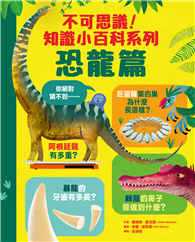《我們最幸福》作者芭芭拉‧德米克震撼新作,西藏地區人民生活實況第一線報導
---
如果你告訴一個記者,什麼地方不能去──我們一定會想方設法前往那裡。
我想知道在阿壩縣,到底有什麼東西讓中國政府如此焦慮、竭盡所能試圖掩藏,又為什麼有那麼多人民甘願選擇以最可怖的方式,摧毀自己的肉體?
---
繼訪問脫北者、揭開北韓神祕面紗後,芭芭拉.德米克這次探訪了世界邊境,位在「世界屋脊」上的西藏。
1930年代,紅軍敗逃到西藏高原,位於西藏與中國交界口的阿壩縣,因此成為其最早與藏人有接觸的地點之一。飢餓的士兵發現當地寺廟裡用麵粉和油製成的小巧佛陀神像,狼吞虎嚥吃下佛陀形狀的糕點──他們明知那是神聖的貢品,卻不在乎。對於藏族人來說,這是一項大不敬的行為,也因此種下充滿敵意的種子。
以曾經是古老藏族王國領地、如今卻有無數藏人自焚抗議的阿壩縣為起點,幼時因共軍入侵而家破國亡的藏族公主、文化大革命下的倖存藏人、年輕一代的僧侶與當地居民的回憶與經歷,都被德米克一一拾起,試圖將一個更完整、全面的西藏呈現在世人眼前。
長久以來,西方人對西藏有著詩意的想像,認為那是個富有靈性的淨土,德米克戳破這層幻想,21世紀的西藏正面臨著來勢洶洶的外來文化衝擊,該怎麼傳承西藏文化、堅守自身民族信念乃至保存當地語言,都是一項項艱難課題。到底西藏人該選擇抗拒中國,或是成為中國的一份子?西藏人該堅守佛教仁愛之心與中國共處,或者他們該揭竿起義?
德米克爬梳西藏與中國數十年來的歷史,探訪當代藏人,描繪出在全世界最有權力的政府壓制之下,西藏的真實處境。(文/博客來編譯)
A gripping portrait of modern Tibet told through the lives of its people, from the bestselling author of Nothing to Envy.
“You simply cannot understand China without reading Barbara Demick on Tibet.”—Evan Osnos, author of Age of Ambition
Just as she did with North Korea, award-winning journalist Barbara Demick explores one of the most hidden corners of the world. She tells the story of a Tibetan town perched eleven thousand feet above sea level that is one of the most difficult places in all of China for foreigners to visit. Ngaba was one of the first places where the Tibetans and the Chinese Communists encountered one another. In the 1930s, Mao Zedong’s Red Army fled into the Tibetan plateau to escape their adversaries in the Chinese Civil War. By the time the soldiers reached Ngaba, they were so hungry that they looted monasteries and ate religious statues made of flour and butter—to Tibetans, it was as if they were eating the Buddha. Their experiences would make Ngaba one of the engines of Tibetan resistance for decades to come, culminating in shocking acts of self-immolation.
Eat the Buddha spans decades of modern Tibetan and Chinese history, as told through the private lives of Demick’s subjects, among them a princess whose family is wiped out during the Cultural Revolution, a young Tibetan nomad who becomes radicalized in the storied monastery of Kirti, an upwardly mobile entrepreneur who falls in love with a Chinese woman, a poet and intellectual who risks everything to voice his resistance, and a Tibetan schoolgirl forced to choose at an early age between her family and the elusive lure of Chinese money. All of them face the same dilemma: Do they resist the Chinese, or do they join them? Do they adhere to Buddhist teachings of compassion and nonviolence, or do they fight?
Illuminating a culture that has long been romanticized by Westerners as deeply spiritual and peaceful, Demick reveals what it is really like to be a Tibetan in the twenty-first century, trying to preserve one’s culture, faith, and language against the depredations of a seemingly unstoppable, technologically all-seeing superpower. Her depiction is nuanced, unvarnished, and at times shocking.
